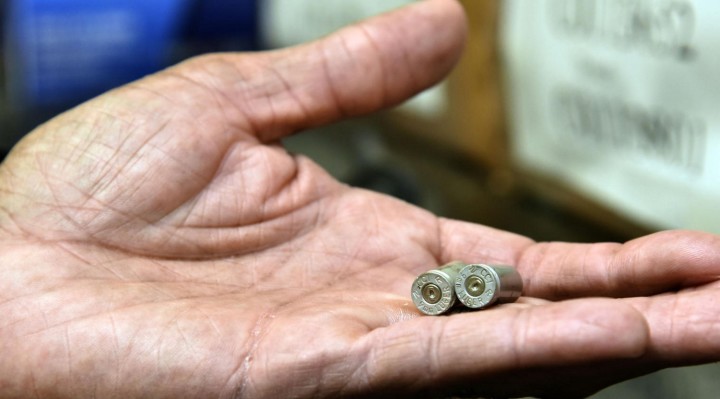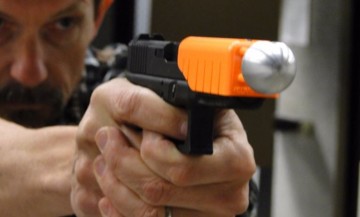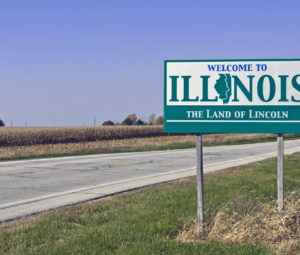After 15 Years Of Failure, Maryland Ends It’s “Ballistic Fingerprints” Database

After millions of dollars spent and not a single crime solved, the state of Maryland has decided to pull the plug on it’s program to store and catalog the spent casings of sold firearms.
It required that the firearms manufacturer fire a round and then send that spent casing to authorities so that they could enter the information into a database in hopes of solving future crimes. The only problem; not a single crime has been solved with this method.
“Obviously, I’m disappointed,” said former Gov. Parris N. Glendening. “It’s a little unfortunate, in that logic and common sense suggest that it would be a good crime-fighting tool.” Glendening’s administration was pushing for this system during their campaign, and brought it to life after being elected.
Frank Sloane, owner of Pasadena Gun & Pawn, told reporters the database “was a waste.” He added, “There’s things that they could have done that would have made sense. This didn’t make any sense.“
The entire system created a collection of over 300,000 casings that have been stored in an underground shelter beneath State Police headquarters. The total cost? About $5 Million since it began.
The law that required the fingerprinting of casings was repealed October 1st, thus ending the requirement for manufacturers to provide the spent casings. With that, the authorization was given to sell off the hundreds of thousands of casings, since they aren’t useful anymore to the state.
Wait, it gets better:
Worse, the system Maryland bought created images so imprecise that when an investigator submitted a crime scene casing, the database software would sometimes spit out hundreds of matches. The state sued the manufacturer in 2009 for $1.9 million, settling three years later for $390,000.
Truth be told, the system was failed from the very beginning and while it may have been an honest attempt at helping to solve crime, this should be viewed as an unnecessary and expensive step for states across the country. Let’s not make the same mistake twice.












